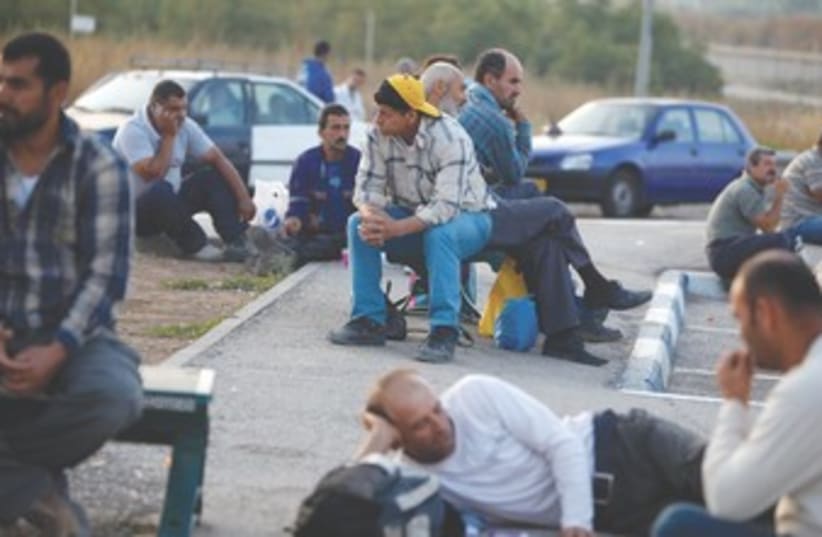The writer is the co-chairman of IPCRI, the Israel Palestine Center for Research and Information, a columnist for The Jerusalem Post, a radio host on All for Peace Radio and the initiator and negotiator of the secret back channel for the release of Gilad Schalit.
Encountering Peace: The economics of Palestine
Israel should at least make good on its promise of “economic peace” and ensure we won’t have riots next door.

The writer is the co-chairman of IPCRI, the Israel Palestine Center for Research and Information, a columnist for The Jerusalem Post, a radio host on All for Peace Radio and the initiator and negotiator of the secret back channel for the release of Gilad Schalit.